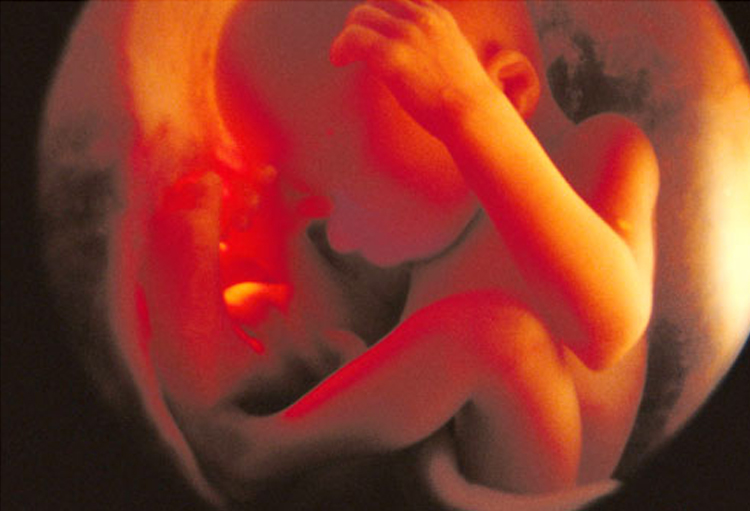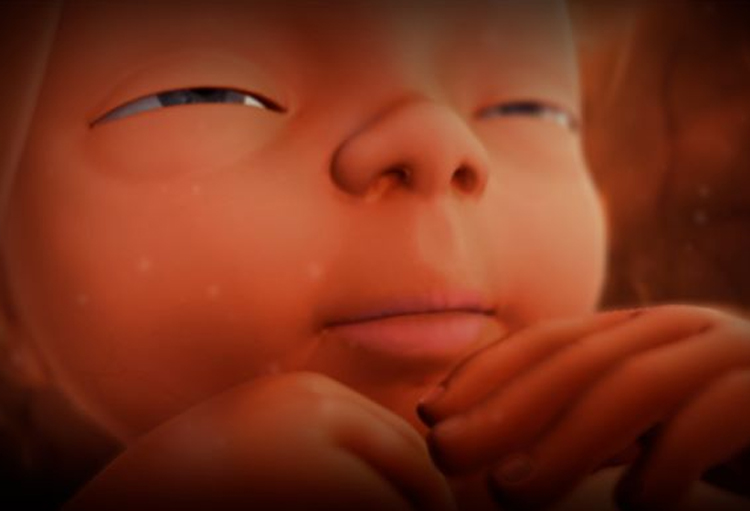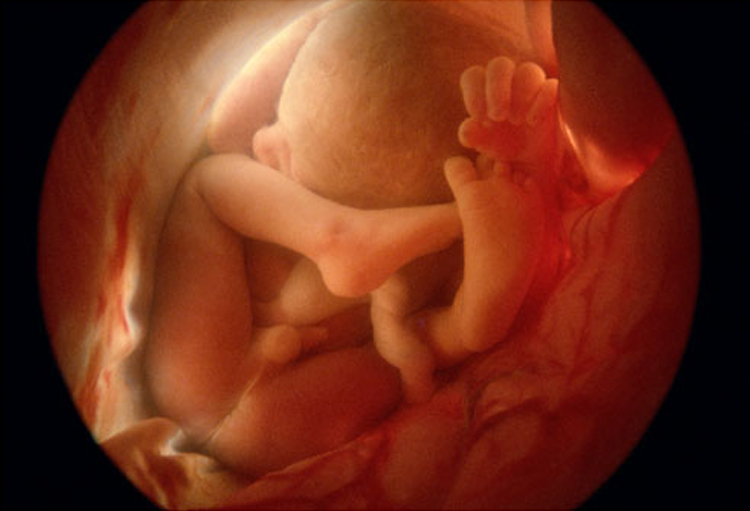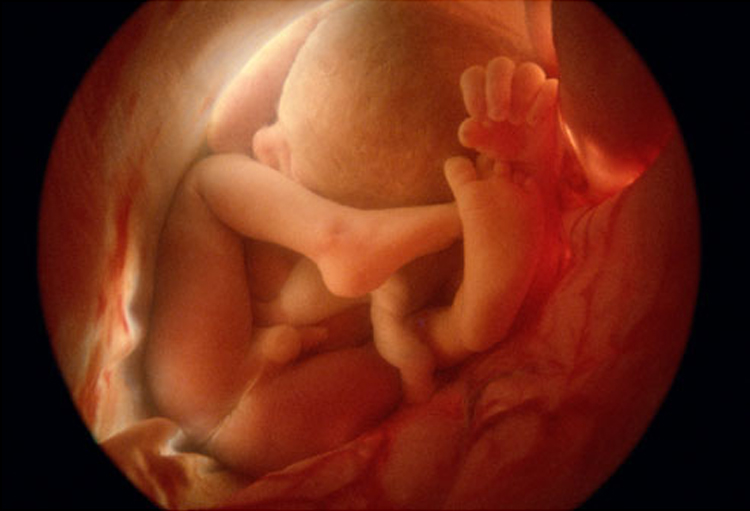Your Baby at Week 30
At week 30 of your pregnancy, your baby is rapidly growing and reaching new milestones in development. From brain development to sensory organ development, every aspect of your little one’s growth is remarkable. In this article, we will explore the exciting changes happening to your baby at this stage, from their size and movements to their brain development and sensory abilities. Let’s delve into the wonders of your baby’s journey at week 30.
Size and Physical Changes
At week 30, your baby measures approximately 39cm from head to toe, showing remarkable growth since the early stages of your pregnancy. As your baby grows, it affects your body shape, and you may notice changes in your belly size and overall appearance. Your baby’s body is becoming more defined, and a thick, heavy layer is forming underneath their skin, giving them a plumper and flabbier appearance.
Brain Development and Intellect

At week 30, marks a crucial phase in your baby’s intellectual development. Their brain is developing at a rapid pace, and they are acquiring new cognitive abilities. These developments lay the foundation for their future learning and thinking capabilities. It’s awe-inspiring to witness the growth of your baby’s intellect even before they enter the world.
Fingernail Growth
At week 30, One fascinating change you may observe is that your baby’s fingernails have started growing. These tiny nails, though delicate, serve an important purpose once your baby is born. It’s incredible to think that even their nails are preparing for life outside the womb.
Building Red Blood Cells

At week 30, your baby’s bone marrow is playing a vital role in producing red blood cells, which are essential for their growth and overall well-being. This milestone signifies that your baby is becoming more independent and self-sufficient, as they will rely less on the placenta for their oxygen and nutrient supply.
Fading Lanugo
At week 30, Lanugo, the soft hair that covered your baby’s body, especially the limbs, is now gradually disappearing. This change indicates that your baby’s body is developing the ability to regulate its own temperature, a crucial skill for life outside the womb. However, don’t be surprised if a few remnants of lanugo, such as fine hairs on your baby’s posterior and shoulders, are still present when they are born.
Response to Light
At week 30, An intriguing aspect of your baby’s development is their response to light. If you shine a ray of light on your belly, you may notice your baby showing movement, either by heading towards the light or trying to get closer to it. This response indicates their growing awareness and interaction with their surroundings.
Amniotic Fluid and Uterine Pressure
Your baby is surrounded by approximately a liter of amniotic fluid, which provides them with protection and cushioning. However, as your baby grows bigger and fills up more space in your uterus, the volume of amniotic fluid decreases. This reduction in fluid is natural and corresponds to the decreasing scope your baby has in the uterus. As a result, you may experience feelings of breathlessness as your uterus puts pressure on your diaphragm.
Increased Fetal Movements

At this stage, your baby’s movements are becoming more prominent and powerful. Their kicks and punches may be felt more intensely, and you may even find some of their movements uncomfortable or slightly painful. You have likely become familiar.
Sensory Organ Development
By Week 30, your baby’s sensory organs are fully developed. They can experience the world around them to a certain extent. However, after birth, it may take some time, possibly months, for them to fully detect objects a few inches away from them. As they grow and explore their surroundings, their senses will continue to sharpen and expand.
External Changes
Underneath your baby’s skin, a thick and heavy layer continues to form, making them plumper and flabbier. This adorable transformation fills out the slackening skin creases, resulting in smoother and suppler skin. Take a moment to appreciate the beauty of your growing baby, as their external appearance evolves in preparation for their grand entrance.
See this also.




